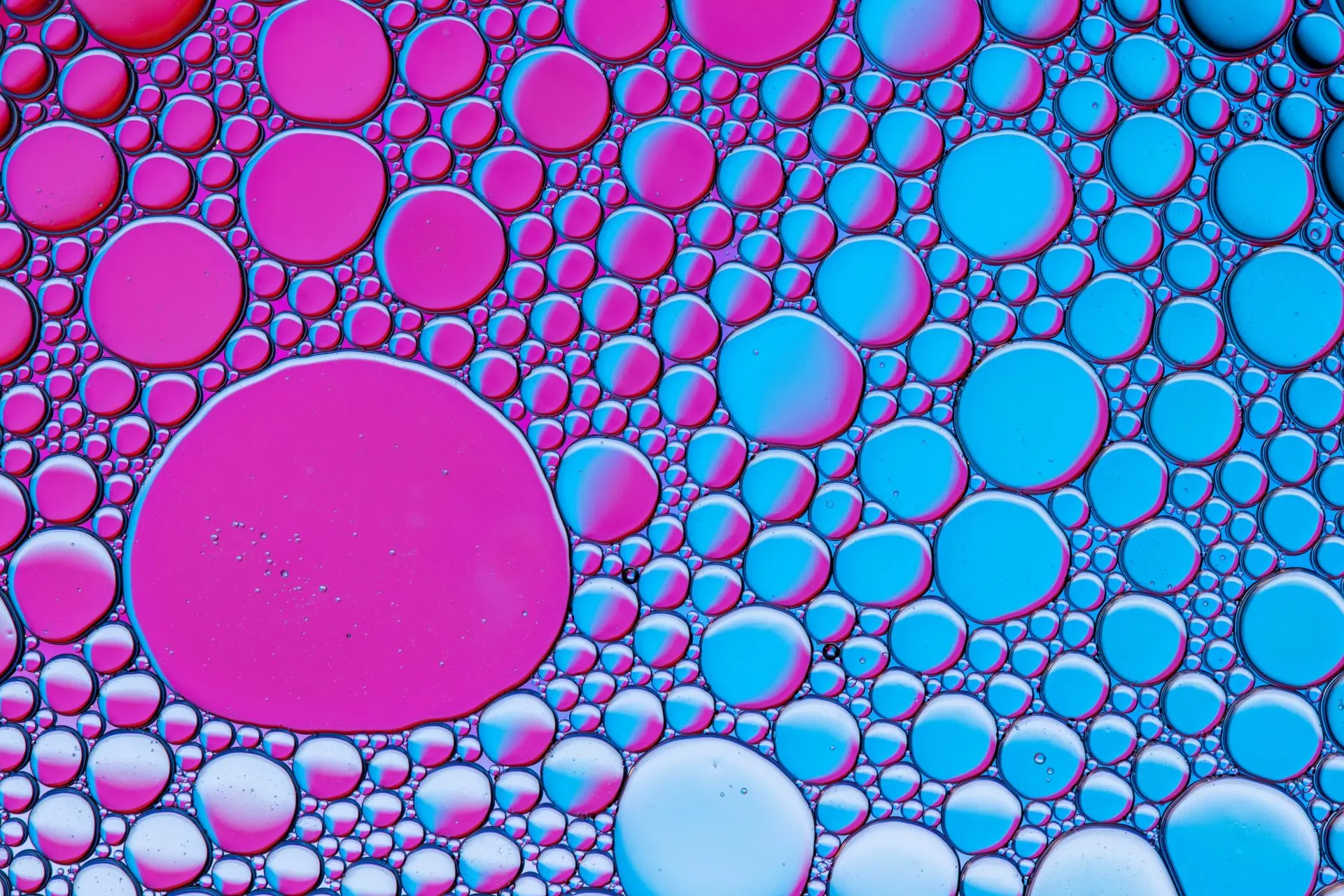Can We Live Forever? The Science of Immortality

Looking for more amazing products? Check out our online store and explore our collection here! Happy shopping!
Before diving in, please note: This post is for informational purposes only. If you’d like to know more about how we approach topics, feel free to check out our friendly Disclaimer Page.
Hey there, amazing readers! 
We’re committed to delivering quality posts, and your support (even just sticking around despite the ads) means everything to us. So, bear with us, and thanks for helping us keep the good vibes rolling. Now, on to the fun stuff!
TRANSLATE BUTTON AT THE END OF THE ARTICLE
Living forever—doesn’t that sound like something straight out of science fiction?
From ancient myths about the fountain of youth to modern technological advancements, the quest for immortality has fascinated humanity for centuries.
But how close are we to making it a reality?
Can science truly overcome the limitations of biology and unlock the secrets of eternal life?
Let’s dive deep into the possibilities, challenges, and philosophical questions surrounding the pursuit of immortality.
The Biological Clock: Why Do We Age?
To understand whether immortality is possible, we first need to look at why we age.
Aging is a complex process influenced by multiple factors:
Cellular Senescence: Over time, cells stop dividing and become senescent, releasing harmful substances that contribute to aging.
Telomere Shortening: Telomeres, protective caps at the ends of chromosomes, shorten with each cell division.
Once they’re too short, cells can no longer divide, leading to aging.
DNA Damage: As we age, our DNA accumulates damage from environmental factors like UV rays and oxidative stress.
This damage impairs cellular function.
Mitochondrial Decline: Mitochondria, the powerhouses of our cells, become less efficient with age, leading to decreased energy and increased cellular dysfunction.
In essence, aging is the result of wear and tear on our bodies at a cellular level.
But what if we could reverse or prevent this damage?
Approaches to Achieving Immortality
Scientists and innovators are exploring various approaches to extend human life—and potentially achieve immortality.
These range from biological interventions to futuristic technologies.
1. Anti-Aging Therapies
The anti-aging industry is booming, with treatments aimed at slowing or reversing the aging process.
Telomerase Therapy: By extending telomeres, scientists hope to enable cells to divide indefinitely, potentially delaying aging.
Senolytics: These drugs target and remove senescent cells, reducing inflammation and improving tissue function.
Caloric Restriction: Studies have shown that reducing calorie intake can extend lifespan in animals.
Could this work for humans?
Rapamycin: Originally an immunosuppressant, this drug has shown promise in extending lifespan in animal studies.
2. Regenerative Medicine
Regenerative medicine focuses on repairing or replacing damaged tissues and organs.
Stem Cell Therapy: Stem cells have the potential to regenerate damaged tissues, offering hope for conditions like heart disease and Parkinson’s.
Organ Replacement: Advances in 3D printing and lab-grown organs could make organ failure a thing of the past.
3. Genetic Engineering
Genetic engineering holds the promise of rewriting our biological code to eliminate aging.
CRISPR Technology: By editing genes associated with aging, scientists could potentially extend lifespan or prevent age-related diseases.
Longevity Genes: Research into genes like FOXO3 and SIRT1, associated with longer lifespans, could unlock new pathways to immortality.
Explore the Path to Spirituality and Enlightenment – Start Here.

4. Digital Immortality
One of the most futuristic ideas is the concept of uploading human consciousness into a computer.
Mind Uploading: Theoretically, if we can replicate the brain’s neural network in a digital format, our thoughts, memories, and personalities could live on in a virtual environment.
AI Avatars: Companies are already developing AI-based avatars that can simulate deceased loved ones using their digital data.
5. Cryonics
Cryonics involves freezing the body at death with the hope of reviving it in the future when technology has advanced enough to cure aging and diseases.
While controversial and speculative, it remains a popular concept among immortality enthusiasts.
The Challenges of Immortality
Despite the exciting advancements, achieving immortality comes with significant challenges:
Ethical Concerns: Who gets access to immortality?
Would it widen the gap between the rich and poor?
Overpopulation: If people stop dying, could we face resource shortages and environmental collapse?
Psychological Effects: How would living forever impact our mental health and relationships?
Scientific Limitations: Many of these technologies are still in their infancy, with practical implementation decades—or even centuries—away.
The Philosophical Debate: Should We Live Forever?
While the idea of immortality is tempting, it raises profound philosophical questions:
What Gives Life Meaning? Some argue that life’s brevity gives it value.
Would eternity dull our sense of purpose?
Would We Grow Bored? Imagine living for thousands of years—would we run out of things to do or lose our zest for life?
Ethical Dilemmas: Should we focus on curing diseases and improving quality of life instead of pursuing immortality?
Lessons from Nature: Immortal Organisms
Interestingly, some organisms appear to have achieved a form of immortality:
Turritopsis dohrnii (The Immortal Jellyfish): This jellyfish can revert to its juvenile state under stress, effectively bypassing death.
Hydra: These tiny aquatic animals show no signs of aging due to their regenerative capabilities.
Lobsters: While not truly immortal, lobsters continue to grow and reproduce throughout their lives, thanks to high telomerase activity.
If nature can produce immortal organisms, could we replicate these mechanisms in humans?
Current Breakthroughs in Longevity Science
While immortality remains out of reach, there have been significant breakthroughs in extending human lifespan:
Blue Zones: Studies of communities where people live exceptionally long lives, like Okinawa, Japan, offer insights into the role of diet, exercise, and social connections in longevity.
Biotech Companies: Companies like Calico and Altos Labs are investing billions in anti-aging research, pushing the boundaries of what’s possible.
Longevity Startups: Startups focusing on senolytics, gene therapy, and other innovations are rapidly advancing the field.
Practical Tips for Extending Your Lifespan
While we wait for immortality science to catch up, there are practical steps you can take to live a longer, healthier life:
Eat a Balanced Diet: Focus on whole foods, healthy fats, and antioxidants.
Stay Active: Regular exercise reduces the risk of chronic diseases.
Prioritize Sleep: Quality sleep is essential for cellular repair.
Manage Stress: Practices like meditation and mindfulness can improve overall health.
Build Strong Relationships: Social connections are a key factor in longevity.
Conclusion
The quest for immortality is as old as humanity itself, blending science, philosophy, and dreams of what could be.
While we’re far from achieving eternal life, the rapid pace of innovation in fields like genetic engineering, regenerative medicine, and artificial intelligence brings us closer to extending our lifespans significantly.
But as we ponder the possibilities, it’s worth reflecting on what it means to live fully.
Immortality might one day be within our grasp, but the moments we have now are precious.
Whether we live for decades or millennia, how we choose to spend our time defines the true essence of life.

The Enlightenment Journey is a remarkable collection of writings authored by a distinguished group of experts in the fields of spirituality, new age, and esoteric knowledge.
This anthology features a diverse assembly of well-experienced authors who bring their profound insights and credible perspectives to the forefront.
Each contributor possesses a wealth of knowledge and wisdom, making them authorities in their respective domains.
Together, they offer readers a transformative journey into the realms of spiritual growth, self-discovery, and esoteric enlightenment.
The Enlightenment Journey is a testament to the collective expertise of these luminaries, providing readers with a rich tapestry of ideas and information to illuminate their spiritual path.
Our Diverse Expertise
While our primary focus is on spirituality and esotericism, we are equally passionate about exploring a wide range of other topics and niches 

To ensure we provide the most accurate and valuable insights, we collaborate with trusted experts in their respective domains 
Our blog originally focused on spirituality and metaphysics, but we’ve since expanded to cover a wide range of niches. Don’t worry—we continue to publish a lot of articles on spirituality! Frequently visit our blog to explore our diverse content and stay tuned for more insightful reads.
Hey there, amazing reader! 
Check out our store here and take a peek at some of our featured products below! Thanks for being awesome!











